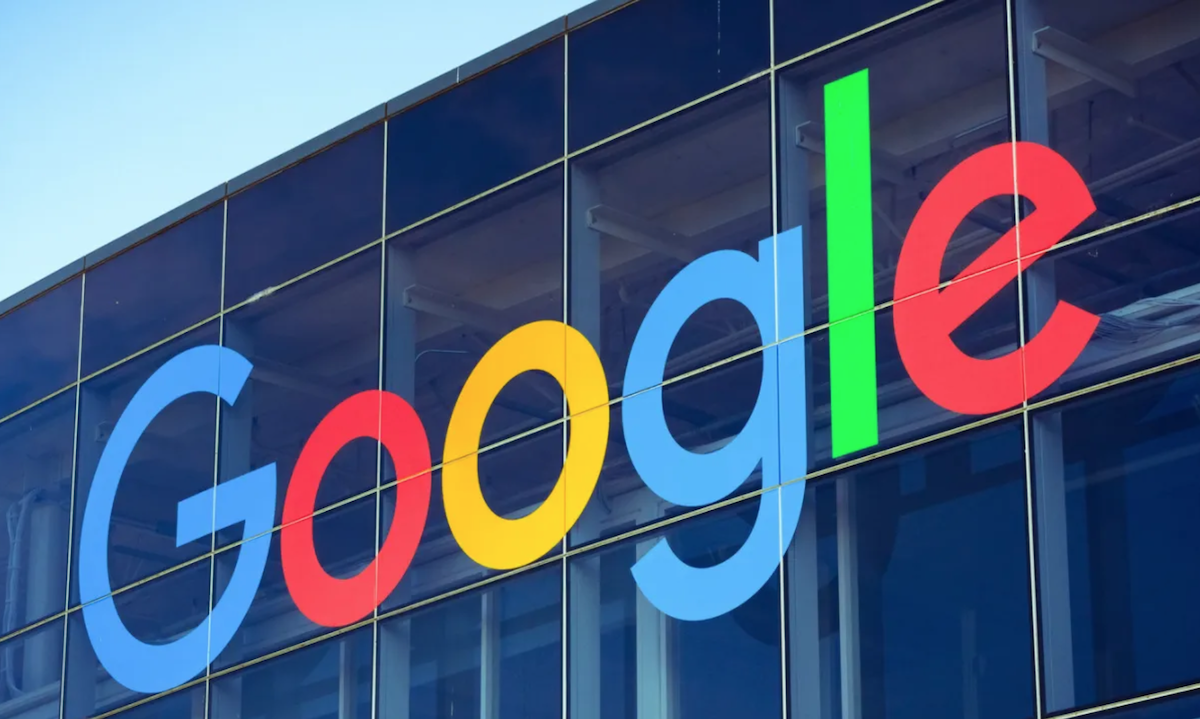
Alphabet’s Google violated antitrust laws with its monopoly over online searches and related ads, a federal judge ruled on Monday, marking a landmark victory for U.S. antitrust authorities in their ongoing efforts to curb the market domination of Big Tech companies, per Reuters.
This decision is a major triumph for the Justice Department, which sued the tech giant over its control of about 90% of the online search market and 95% of the search market on smartphones. U.S. District Judge Amit Mehta highlighted that Google paid $26.3 billion in 2021 alone to ensure its search engine remains the default on smartphones and browsers, thus maintaining its dominant market share.
“The court reaches the following conclusion: Google is a monopolist, and it has acted as one to maintain its monopoly,” Mehta wrote.
According to Reuters, Mehta’s ruling against Alphabet’s significant revenue generator sets the stage for a subsequent trial to explore potential remedies. These may include barring the company from paying smartphone makers billions of dollars each year to set Google as the default search engine on new devices.
Download The Google Antitrust Ruling 8.5-2024
“The default is extremely valuable real estate,” Mehta noted. “Even if a new entrant were positioned from a quality standpoint to bid for the default when an agreement expires, such a firm could compete only if it were prepared to pay partners upwards of billions of dollars in revenue share and make them whole for any revenue shortfalls resulting from the change.”
He added that Google acknowledges the severe impact losing defaults would have on its financial performance, citing a significant drop in queries and billions in lost revenues if it lost the Safari default.
The ruling is the first significant decision in a series of cases challenging alleged monopolies within Big Tech. Over the past four years, federal antitrust regulators have also filed lawsuits against Meta Platforms, Amazon, and Apple, alleging that these companies have illegally maintained monopolies. Another case against Google, focusing on its advertising technology, is set to go to trial in September.
When it was filed in 2020, the Google search case was the first time in a generation that the U.S. government accused a major corporation of an illegal monopoly. The last similar case involved Microsoft, which settled with the Justice Department in 2004 over claims it forced its Internet Explorer web browser on Windows users.
Source: Reuters
Featured News
Big Tech Braces for Potential Changes Under a Second Trump Presidency
Nov 6, 2024 by
CPI
Trump’s Potential Shift in US Antitrust Policy Raises Questions for Big Tech and Mergers
Nov 6, 2024 by
CPI
EU Set to Fine Apple in First Major Enforcement of Digital Markets Act
Nov 5, 2024 by
CPI
Six Indicted in Federal Bid-Rigging Schemes Involving Government IT Contracts
Nov 5, 2024 by
CPI
Ireland Secures First €3 Billion Apple Tax Payment, Boosting Exchequer Funds
Nov 5, 2024 by
CPI
Antitrust Mix by CPI
Antitrust Chronicle® – Remedies Revisited
Oct 30, 2024 by
CPI
Fixing the Fix: Updating Policy on Merger Remedies
Oct 30, 2024 by
CPI
Methodology Matters: The 2017 FTC Remedies Study
Oct 30, 2024 by
CPI
U.S. v. AT&T: Five Lessons for Vertical Merger Enforcement
Oct 30, 2024 by
CPI
The Search for Antitrust Remedies in Tech Leads Beyond Antitrust
Oct 30, 2024 by
CPI